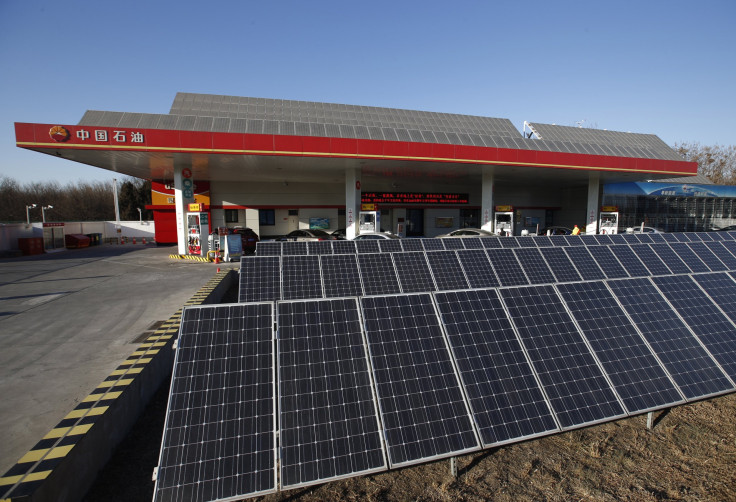South American Company Invests In Australian Solar Technology, Plans To Spend US$100 Million In Two Years

A Chile-based private equity firm wants to invest US$100 million in Australia. Alberto Chang-Rajii, who invested in a University of New South Wales-based company, is one of the first backers of Google at Stanford University in 1996.
Grupo Arcano is going to focus on several biotechnology and technology start-ups in Australia. It will also invest in agricultural production, e-learning, smart drugs, nanotechnology and energy. The South American company has already invested in Future Solar Technologies. The NSW company is researching on developing innovative technology for creating "paint-on" solar cell technology. According to the official website of the NSW company, it has its offices in Chile, Australia, the UK and the United States. The company’s Australia office is situated in Bligh St. in Sydney.
Chang-Rajii said that he would like to invest $US100 million in Australian companies in the next two years. After buying a luxury apartment in Sydney's CBD, he wants to devote his attention equally to London, Miami, Santiago and Sydney. The Chilean businessman intends to spend 90 days in Australia every year so that he can meet entrepreneurs as well as more established business owners in the country.
The official website of Grupo Arcano confirms that it invested in “an exclusive license agreement for a new organic solar panel technology” being developed by a team of researchers at the University of New South Wales. It also states that the team of researchers is led by Professor Martin Green and Professor Ashraf Uddin. The university website says that Green is known worldwide as the father of photovoltaic panel technology.
Grupo Arcano further clarifies that the terms and conditions of the investment agreement are negotiated through New South Innovations and its team. The Grupo Arcano team is led by its Managing Director for Australia Anne Miller. The team is apparently working with the Minter Ellison law firm.
According to Chang-Rajii, Future Solar Technologies represents the next generation of solar technology. Even though it is relatively small at $1.5 million, he says that it has the potential to transform lives around the world. "I'm not investing in a tiny microscopic cell in a lab,” he said, “I'm investing in future homes that will not require energy because there are solar tiles."
Contact the writer: s.mukhopadhyay@ibtimes.com.au





















